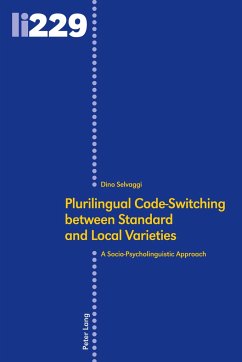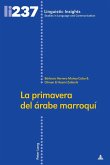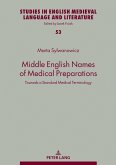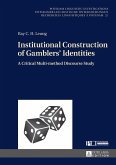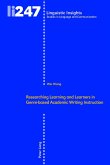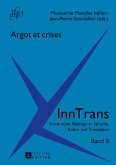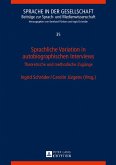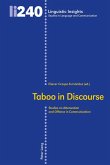This book presents a comparative study on plurilingual code-switching (CS) in Italy, Croatia and Scotland-UK, based on Italian in contact with four standard varieties (Spanish, English, Philipino and Croatian) and five non-standard varieties (Arbereshe, Occitan, Calabrese, Istrovenetian and Chakavski).
It intends to fill a gap in the literature by proposing an interdisciplinary perspective, as most studies are concentrated on bilingual CS and are grounded just in one approach (mostly sociolinguistic or psycholinguistic); it also presents a new mixed key for CS data analysis, going beyond the traditional neat dichotomies defining CS as «acceptable or grammatical vs unacceptable or ungrammatical».
A brand-new model, the Integrated Model of Plurilingual Code-Switching (IMPCS), which recommends the use of five-graded scales in informants' judgments, is proposed. It includes socio-psycholinguistics (social status and prestige of the languages in contact, official status of minority language, symmetrical/bi- or pluridirectional or asymmetrical/unidirectional kind of contact, language mode, claimed CS practice, explicit attitudes and acceptability judgements) and lexicalist variables.
It intends to fill a gap in the literature by proposing an interdisciplinary perspective, as most studies are concentrated on bilingual CS and are grounded just in one approach (mostly sociolinguistic or psycholinguistic); it also presents a new mixed key for CS data analysis, going beyond the traditional neat dichotomies defining CS as «acceptable or grammatical vs unacceptable or ungrammatical».
A brand-new model, the Integrated Model of Plurilingual Code-Switching (IMPCS), which recommends the use of five-graded scales in informants' judgments, is proposed. It includes socio-psycholinguistics (social status and prestige of the languages in contact, official status of minority language, symmetrical/bi- or pluridirectional or asymmetrical/unidirectional kind of contact, language mode, claimed CS practice, explicit attitudes and acceptability judgements) and lexicalist variables.

